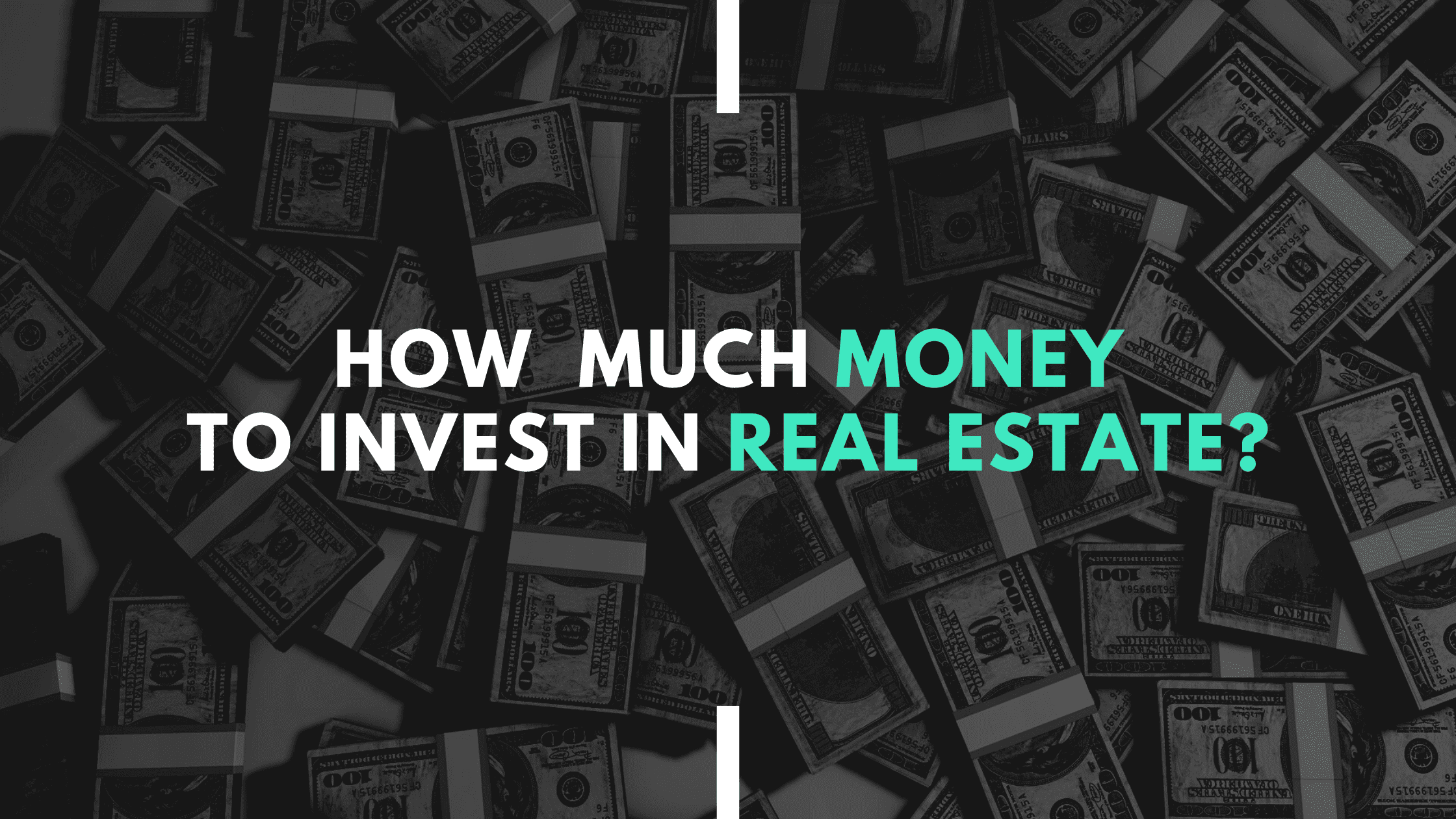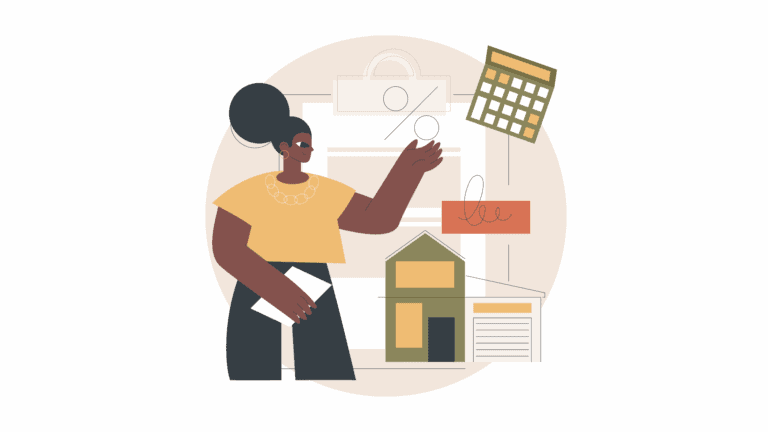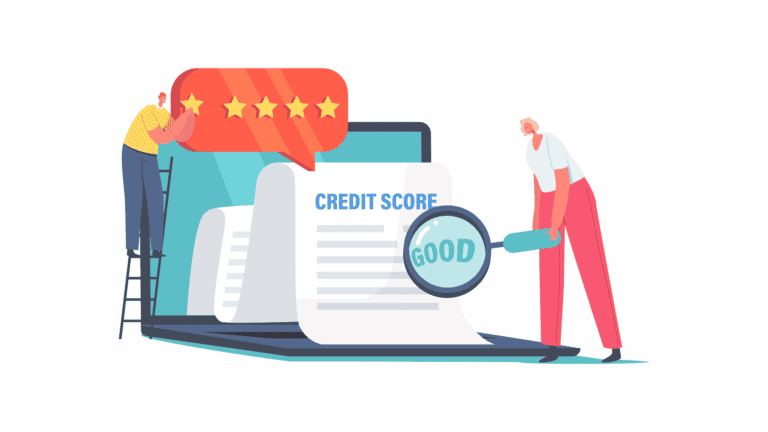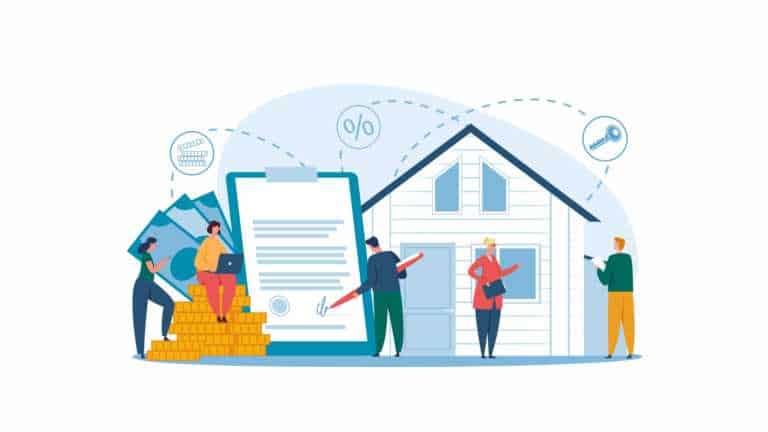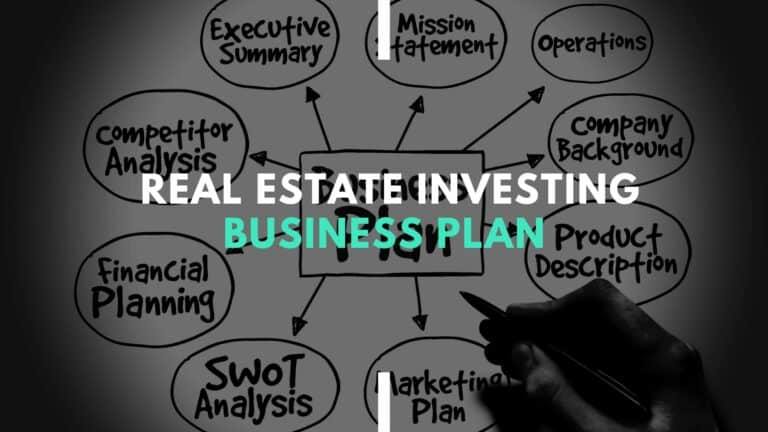How Much Money Do You Need to Start Investing in Real Estate?
One of the most critical factors to get started with real estate investing is how much money you need to to get started. This blog post will discuss different scenarios and how much money you need to start. As you can imagine, it varies greatly depending on your investment strategy and goals. However, we will do our best to break it down.
Understanding Real Estate Finance and Raising Capital
Before understanding how much money you need to invest, we must understand some basics of real estate finance. There are a variety of ways to finance and fund real estate investments. Having a broad concept of these options is a good idea to know where to begin.
Traditional Investor Mortgages and Commercial Loans
As an experienced real estate investor, I can tell you that getting the right mortgage or commercial loan is key to a successful investment. Let’s delve into the details of what makes these loans unique, and I’ll share some pro tips along the way!
Understanding Mortgages: The Basics
Real estate is more often than not bought with a mortgage, a loan secured by the property itself. Here’s a brief overview:
- Type of Loan: Mortgages are typically long-term loans, spanning 10 to 30 years.
- Interest Rate: Generally fixed, meaning it doesn’t change during the life of the loan, but variable interest loans may be available at discounted rates.
👉Pro Tip: A fixed interest rate provides stability, especially if you plan to hold the property for a long time. However, a variable rate might be worth considering if you want to maximize short-term gains and plan to refi or pay it off early.
Investment Mortgage Loans: What Sets Them Apart?
Investment mortgage loans have some unique requirements compared to conventional home loans. Here’s what you need to know:
Investment vs. Conventional Mortgages
Investment Mortgages | Conventional Mortgages | |
|---|---|---|
Down Payment | 20% to 25% | Often as low as 3.5% |
Interest Rate | Usually fixed for 5-7 years | Can be fixed or variable |
Collateral | Property itself | Property itself |
The main difference? The higher down payment requirement for investment mortgages. Here’s why that’s important:
- Cash Requirement: A higher down payment means more upfront cash. This is a significant consideration, especially compared to the 3.5% down often required for buying individual homes through FHA.
Where to Find Traditional Real Estate Investment Loans?
Consider working with a company specializing in investor loan products, specifically for real estate investors. One of the providers I like to use is called New Silver.
New Silver

As a seasoned real estate investor, I’ve had the opportunity to explore various financing options, and one that stands out is “New Silver.” They offer a variety of loan products tailored to fit the diverse needs of real estate professionals like us. If you’re considering new investment opportunities, here’s why “New Silver” might be an excellent fit for you:
- Versatile Loan Options: They provide options that suit different investment strategies, from fix-and-flip to rental property loans.
- Quick Approvals: Time-sensitive deals are no problem with their expedited approval process.
- Flexible Terms: Whether it’s a short-term bridge loan or long-term commercial investment, “New Silver” has something for every project.
- Tailored Solutions: They take the time to understand your unique needs and craft loan packages that align with your goals.
In my experience, having a lender that understands and caters to the specific needs of real estate investors can make all the difference. It may be a good fit and at least worth exploring to see if its a good offer for your needs.
Hard Money Loans
As someone who has navigated the turbulent waters of real estate investing, I know how crucial it is to have the proper funding at the right time. One option that can be a game-changer is the hard money loan. Let’s look at what it is and when it might fit your investment strategy.
What Is a Hard Money Loan?
A hard money loan is like a power tool in a real estate investor’s toolbox. It’s a short-term loan, usually for 12 months or less, though sometimes it can stretch to 24 months. Here are some key characteristics:
- Interest-Only Payments: Unlike traditional loans where monthly payments chip away at the principal, hard money loan payments only cover the interest. The principal stays intact.
- Higher Interest Rates: Yes, they are steeper, but they offer the flexibility and speed that traditional loans often can’t match.
- Duration: Generally 12 months, but extensions to 24 months are possible.
👉Pro Tip: Consider a hard money loan when speed is of the essence. They can be processed faster than conventional loans, making them ideal for property flipping or wholesaling.
When to Use Hard Money Loans?
These loans are not a one-size-fits-all solution. They are best suited for specific investment strategies:
Hard Money Loan Use Cases
Scenario | Is Hard Money Loan Suitable? |
|---|---|
Property Flipping | Yes |
Wholesaling Property | Yes |
Long-Term Investments | No |
Owner Financing
Owner financing is when the property owner agrees to finance their property’s purchase. This type of financing is typically used when the buyer cannot qualify for a traditional mortgage loan. The terms of an owner-financed deal are negotiable, but they typically involve a higher interest rate and a shorter loan term than a traditional mortgage.
Borrowing Funds From Family and Friends
Another option for financing a real estate investment is to borrow funds from family and friends. This can be a good option if you have a solid relationship with the people you are borrowing from and are confident in your ability to repay the loan. However, it is important to remember that this type of loan can strain relationships if not handled properly.
Real Estate Crowdfunding
Crowdfunding has become a popular way to finance various projects, including real estate investments. With crowdfunding, investors pool their money together to fund a project. There are a few different crowdfunding platforms, but equity-based crowdfunding is the most common type for real estate investing.
Are you interested in investing in real estate but don’t have the means? Consider Fundrise, an online platform for real estate investments that makes investing easy and affordable. With a minimum investment requirement of just $500, Fundrise allows investors to get started with real estate without breaking the bank. Let’s take a closer look at what Fundrise is, how it works, and its advantages and drawbacks for potential investors.
Fundrise is an online platform for real estate investments that allows users to invest in properties nationwide for as little as $500. The company offers several investment options ranging from eREITs—diversified collections of commercial real estate assets—to private placements, allowing investors to purchase a stake in individual properties. Fundrise also provides detailed information on each property, such as its location, type of asset class, projected returns, and more. This helps investors decide which properties they want to invest in.
Consider an option like Fundrise to get started. This provides an easy way to get involved in real estate without all of the headaches of being a landlord. Its also a low initial cost of investment, which is a great way to get your feet wet.
Portfolio Loans
A portfolio loan is a type of loan that is typically used by investors who own multiple properties. These loans are usually for more significant amounts and frequently have higher interest rates than traditional mortgage loans. They are also shorter, so they need to be paid back more quickly, but they are used to finance unique and significant real estate investments.
Home Equity Lines of Credit (HELOCs)
Another option for financing your real estate investment is to take out a home equity line of credit (HELOC). A HELOC is a loan that uses your home as collateral. These loans are typically used for projects that will improve the value of your homes, such as renovations or repairs. However, they can also finance other investments, such as rental properties.
Cash, IRAs, and 401ks
This is obvious, but it bears mentioning that you can always finance your real estate investments with cash or through certain retirement accounts. While this may not be the easiest option for some, it is an option for those with the liquidity to do so. We recommend talking to a financial advisor or accountant to see if this is an option for you.
Approximate Amounts of Cash Needed
Buy and Hold Rental Property
Let’s assume you are using a traditional investment loan and want to buy a property to buy and hold. This table should give you an approximate amount of cash needed based on the purchase price:
Property Price | 15% Down Payment | 20% Down Payment | 25% Down Payment |
|---|---|---|---|
$100,000 | $15,000 | $20,000 | $25,000 |
$150,000 | $22,500 | $30,000 | $37,500 |
$200,000 | $30,000 | $40,000 | $50,000 |
$250,000 | $37,500 | $50,000 | $62,500 |
$300,000 | $45,000 | $60,000 | $75,000 |
$350,000 | $52,500 | $70,000 | $87,500 |
$400,000 | $60,000 | $80,000 | $100,000 |
$450,000 | $67,500 | $90,000 | $112,500 |
$500,000 | $75,000 | $100,000 | $125,000 |
$550,000 | $82,500 | $110,000 | $137,500 |
$600,000 | $90,000 | $120,000 | $150,000 |
$650,000 | $97,500 | $130,000 | $162,500 |
$700,000 | $105,000 | $140,000 | $175,000 |
$750,000 | $112,500 | $150,000 | $187,500 |
$800,000 | $120,000 | $160,000 | $200,000 |
$850,000 | $127,500 | $170,000 | $212,500 |
$900,000 | $135,000 | $180,000 | $225,000 |
$950,000 | $142,500 | $190,000 | $237,500 |
$1,000,000 | $150,000 | $200,000 | $250,000 |
Fix and Flip Real Estate
There are more factors than just the initial purchase price when it comes to fixe and flips. You will also need to factor in the cost of repairs, holding costs, and your exit strategy. With that said, here is a general idea of how much cash you will need for a fix and flip:
The exact numbers may vary based on location, property condition, and other factors. This table provides general estimates:
Property Value | Purchase (20% Down) | Rehab Costs (10% of Value) | Holding Costs (3 Months, 1% of Value) | Closing Costs (3% of Value) | Total Cash Needed |
|---|---|---|---|---|---|
$100,000 | $20,000 | $10,000 | $3,000 | $3,000 | $36,000 |
$150,000 | $30,000 | $15,000 | $4,500 | $4,500 | $54,000 |
$200,000 | $40,000 | $20,000 | $6,000 | $6,000 | $72,000 |
$250,000 | $50,000 | $25,000 | $7,500 | $7,500 | $90,000 |
$300,000 | $60,000 | $30,000 | $9,000 | $9,000 | $108,000 |
… | … | … | … | … | … |
$950,000 | $190,000 | $95,000 | $28,500 | $28,500 | $342,000 |
$1,000,000 | $200,000 | $100,000 | $30,000 | $30,000 | $360,000 |
- Purchase (20% Down): This represents the down payment for purchasing the property, typically 20% of the property value.
- Rehab Costs (10% of Value): An estimate of the costs needed for renovations. It can be higher or lower depending on the property’s condition.
- Holding Costs (3 Months, 1% of Value): This includes costs like property taxes, utilities, and interest payments for holding the property for three months, estimated at 1% of the property value.
- Closing Costs (3% of Value): This includes fees related to closing the property sale, such as agent commissions, title insurance, and other expenses.
As you can see, the amount of money needed to invest in real estate can vary depending on your investment strategy. However, there are financing options available for all types of investors. Talk to a loan officer or financial advisor to determine the best option for you.

